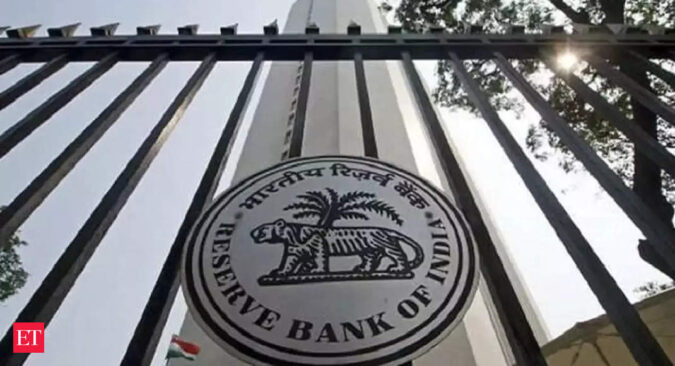“Bringing down inflation and stabilising inflation expectations will revive consumer spending, boost corporate revenues and profitability, which is the best incentive for private capex,” the bank said in its ‘State of the Economy’ article.
RBI Governor Shaktikanta Das said that the MPC recognised that the pace of global economic activity is expected to decelerate in 2023, dragged down by elevated inflation, tight financial conditions and geopolitical tensions.
“The pace of monetary tightening has slowed in recent months, but uncertainty remains on its future trajectory as inflation continues to rule above targets across the world,” he added.
Headline CPI inflation came down during March-April 2023 to 4.7 per cent in April, the lowest reading since November 2021. Headline inflation, however, is still above the target as per the latest data and is expected to remain so according to RBI’s projections for 2023-24.
“Close and continued vigil on the evolving inflation outlook is absolutely necessary, especially as the monsoon outlook and the impact of El Nino remain uncertain,” Das said.A durable disinflation in the core component would be critical for a sustained alignment of the headline inflation with the target, he added.With the policy repo rate at 6.50 per cent and full year projected inflation for 2023-24 at just a little above 5 per cent.
Data shows that the Net FDI flows to India stood at $28 billion in FY23, down from $38.6 billion in the previous year.
On the trade front, the bulletin notes that transport prices and shipping volumes across the world are weak and survey measures point to muted manufacturing export orders. However, service export orders continue to improve.
“From a medium-term perspective, the secular shrinking of openness that took hold from 2012 and intensified from 2018, may be signaling the ending of the glorious era of globalisation that had powered the global economy since the 1980s,” the article reads.
It further argues that owing to this, the growth prospects of emerging market economies (EMEs) are particularly at risk as the trade engine sputters after decades of energising their integration into the global economy.
